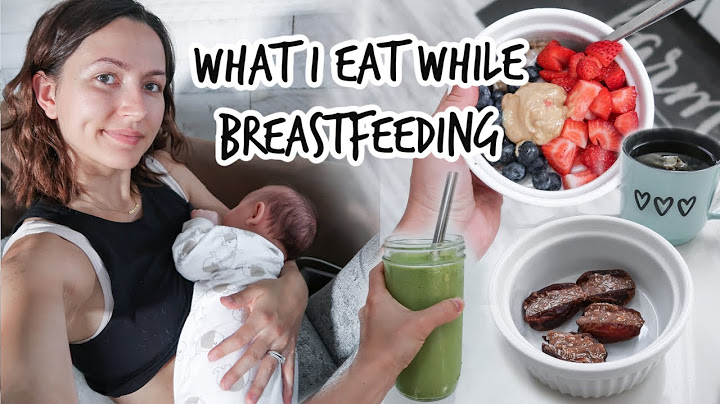Diarrhea is no fun, especially if you're not near a bathroom. What can you do to help slow the flow when diarrhea strikes? And are there any foods that help or hurt? That depends, says David Katz, M.D., M.P.H., director of the Prevention Research Center at Yale University. He says nutrition can sometimes be the fix—but not always. Show Read on for the scoop on what causes diarrhea, what to eat when you have diarrhea, what foods to avoid and what drinks can help you feel better. What Causes Diarrhea?Acute DiarrheaAccording to the National Institute of Diabetes and Digestive and Kidney Diseases, acute diarrhea typically lasts just a few days. Food poisoning is often the culprit, although other things—the flu, parasites, and even some antibiotics and other medicines—can send you racing for the nearest bathroom. If you're visiting a place where the food or water is contaminated, you may get struck with travelers' diarrhea, even if people who live there are unaffected. Chronic DiarrheaChronic diarrhea lasts four weeks or longer. It can be a sign of something more serious, like Crohn's disease, ulcerative colitis, celiac disease or irritable bowel syndrome (IBS). It can also be caused by an untreated infection or parasite. If you're experiencing chronic diarrhea, talk to your health care provider. Symptoms of DiarrheaBesides having runny, watery poop, you may feel cramping, stomach pain or nausea. And depending on the cause, you may also have a fever or chills. Best Foods to EatMost likely, you aren't going to feel like eating much, especially if you have stomach cramping or pain. With acute diarrhea, the key is getting over whatever caused the problem in the first place, which usually means waiting things out. "Food isn't the solution," says Katz. Once you are ready to try food, go easy. For years, many experts recommended the BRAT diet—bananas, rice, applesauce and toast—all soft, bland foods once touted as easy on kids' tummies. It was also thought that the low fiber content of BRAT could help firm up the poop. However, while it probably won't hurt you, "there's not much evidence to support it," notes Katz. If you have chronic diarrhea, what you eat—and don't eat—can help. "Adjusting your diet will make the biggest difference in chronic diarrhea," says Katz. Cut out foods you may be sensitive to, like milk or nuts, for a while, and then gradually add them back. Your doctor may suggest keeping a "diarrhea diary" to track which foods seem to trigger your symptoms. You might want to consider probiotics—foods with "good" bacteria that some research suggests may help prevent diarrhea. Probiotics are sometimes used to treat irritable bowel syndrome (IBS) and other chronic digestive conditions. You can find them in dairy foods like yogurt and aged cheeses, and in nondairy foods like sauerkraut, kimchi and tempeh. They're also available as supplements. Check with your doctor first, though, before trying probiotics in any form. Foods to AvoidOnce your appetite returns, be kind to your stomach.
What to DrinkSip water—lots of it—to replace the fluids you're losing out of the other end. How do you know if you're drinking enough? Use the pee test. In general, you should pee at least every three hours, and the urine should be a pale straw color. "If you don't need to pee or if your pee is dark, you need to drink more," advises Katz. Just about any food will help replace lost electrolytes, but if you don't feel like eating, he recommends drinking something with sodium and potassium, like a sports or pediatric electrolytes drink, but watch out for the added sugar. Seltzer water can be a great choice as well. When to See Your Health Care ProviderGet medical help right away if you have diarrhea along with a fever or severe stomach pain, or if you feel too sick to drink anything. You want to rule out any serious problems like diverticulitis (an inflammation or infection in the colon) or appendicitis, says Katz. Otherwise, see your health care provider if you don't start to feel better in a day or two. If you have had chronic diarrhea for more than three or four weeks, call your health care provider so they can investigate the cause of it. Diarrhea is no fun, but here's the good news: It usually clears up on its own in a few days. Give yourself time to rest and recover, and your poop problems will soon be, well, behind you. |

Related Posts
Advertising
LATEST NEWS
Advertising
Populer
Advertising
About

Copyright © 2024 paraquee Inc.


















